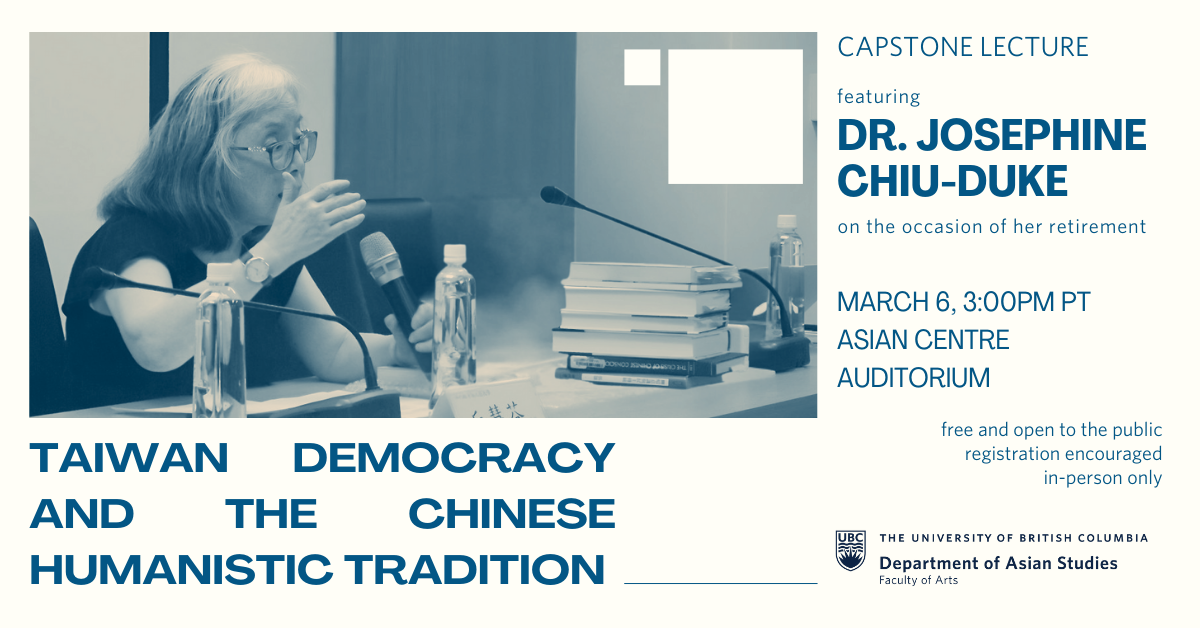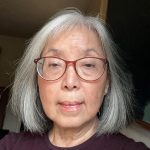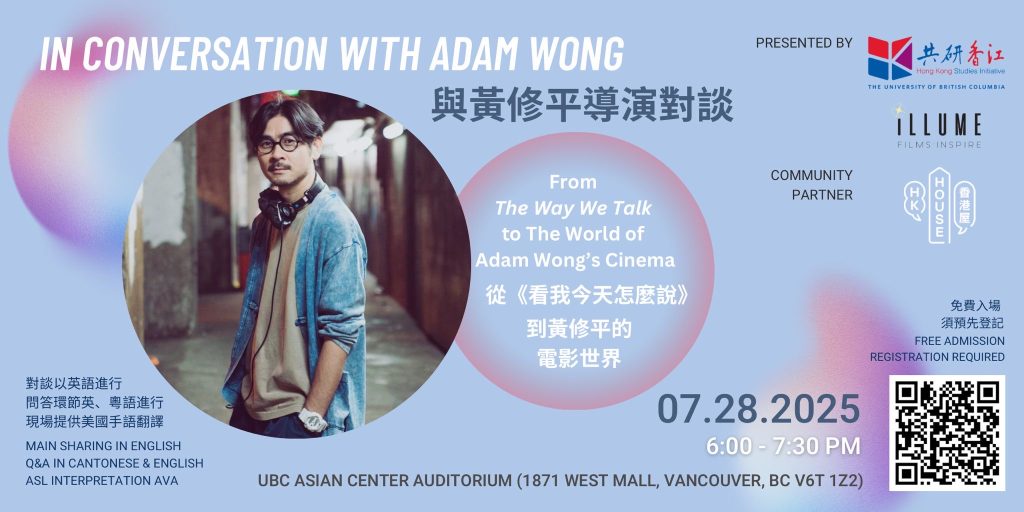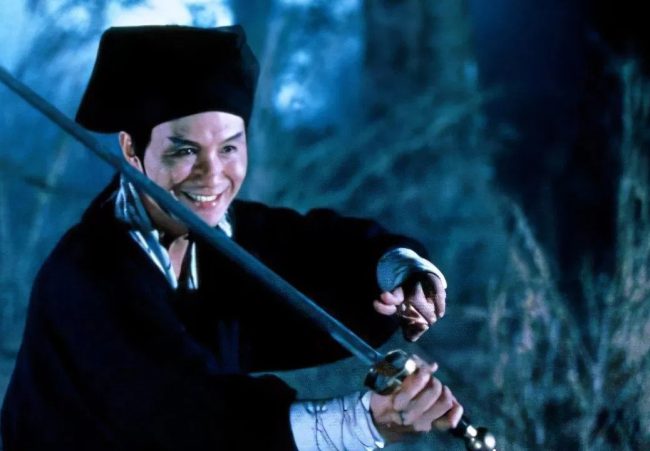

2025 Capstone Lectures with Dr. Josephine Chiu-Duke
Taiwan’s peaceful transformation from authoritarian rule to a liberal democracy in the early 1990s has been praised as a remarkable political achievement. This achievement, despite the many challenges it has faced and still confronts, has been thriving in the face of China’s claim of sovereignty over the island and its constant threats of serious coercion. To be sure, Taiwan’s production of the world’s most sought for semiconductor chips has already made Taiwan a pivotal link in the world supply chain.
What should be noted is that Taiwan today is also the only place where Chinese culture, especially with regard to the values embedded in the Confucian humanistic tradition, has been best preserved since 1949 without being deliberately destroyed as it was during the Chinese Cultural Revolution.
In her talk, Dr. Chiu-Duke will discuss why Taiwan’s successful search for liberty and democracy has yet to bring about a consensus on Taiwan’s dealing with China. She will also discuss how Confucius’ innovative re-interpretation of the doctrine of the Mandate of Heaven laid the foundation for the Chinese humanistic tradition. This tradition was the key reason for China being identified as one of the “Axial civilizations.” However, it has never being able to make an institutional breakthrough in its pursuit of the Confucian ideal of a humane government, not even during the 1915 May Fourth New Culture movement when liberal democracy and science were advocated as the necessary goals for China’s path to modernity.
The establishment of the People’s Republic of China has left no room for liberal democracy, but it is precisely in this respect that Dr. Chiu-Duke will argue that if China today is genuinely serious about its 2023 projected “global civilization initiative”, it should see Taiwan and its democracy as a most viable reference for the success of this project instead of as a target for annexation. Only in this way can Taiwan democracy continue its support for the healthy development of the Chinese humanistic tradition with the values of this tradition continuing on to serve as a source for elevating the civility and quality of Taiwan democracy. Perhaps, only in this way can Taiwan democracy and the Chinese humanistic tradition also make a contribution to the twin goals of world peace and stability.
This talk is free and open to the public. Registration is encouraged for planning purposes.
Date & Time:
Thursday, March 6, 2025 | 3:00pm – 5:00pm (PST)
3:00pm – 3:30pm (PST) Reception with light refreshments
3:30pm – 5:00pm (PST) Lecture and Q&A
Location:
Auditorium, Asian Centre, 1871 West Mall, Vancouver BC
Map | Parking
Speaker


She is the author of To Rebuild the Empire: Lu Chih’s Confucian Pragmatist Approach to the Mid-Tang Predicament (2000), and In Search of Liberty: Lin Yusheng’s Life and Thought (2023).
Her edited works include Liberalism and the Humanistic Tradition – Essays in Honor of Professor Lin Yü-sheng (2005) [winner of Taiwan’s United Daily News award for best non-fiction book of 2005] and The Spirit of the Modern Intellectual Aristocracy: Lin Yusheng’s Recent Works in Intellectual History (2020).
She is also co-editor of Ying-shih Yü, Chinese History and Culture Volume 1: Sixth Century B.C.E. to Seventeenth Century C.E, (2016) and Chinese History and Culture Volume 2: Seventeenth Through Twentieth Century (2016).
She co-translated Ge Zhaoguang’s two-volume An Intellectual History of China (2014, 2018) [Winner of the 2014 Choice Outstanding Academic Title Award], and Yü Ying-shih’s From Rural China to the Ivy League: Yü Ying-shih’s Reminiscences of His Life and Times (2021).
She has presented and published many essays on Chinese and Taiwanese history, political thought, and literature.
Her many services to the field and the department include Director of the Chinese Language Program, and Co-Director (and later Director) of the Centre for Chinese Research in the Institute for Asian Research. Her many media presentations led to her being chosen by the Vancouver Sun as one of the “100 Chinese-Canadians who are making a difference in British Columbia.”
About the Capstone Lectures Series
The Capstone Lectures at the Department of Asian Studies recognize the retirement from teaching of professors of the Department. They are an occasion for colleagues, students, former students and the public to hear from faculty members—who have, in many cases, taught and researched for decades at UBC—explaining questions that have inspired their career-defining studies.

